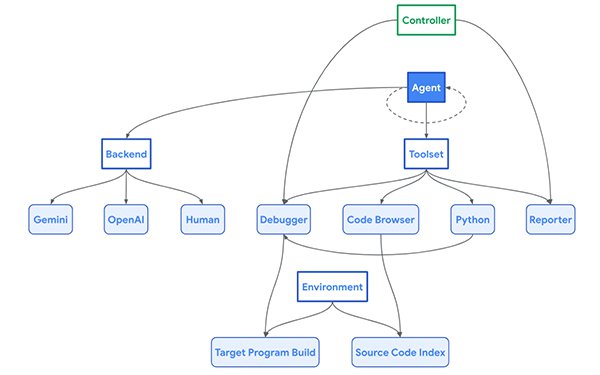
Google has taken advantage of code and reasoning
advancement capabilities of large language models (LLMs) to replicate human behavior when it comes to identifying and demonstrating security vulnerabilities.
The project was named
"Naptime" with tongue-and-cheek humor, in reference to software engineers being allowed to take regular naps while the software helps to solve the problems.
"We hope in the future this
can close some of the blind spots of current automated vulnerability discovery approaches, and enable automated detection of 'unfuzzable' vulnerabilities," Google Project Zero software
engineers Sergei Glazunov and Mark Brand wrote in a post.
Naptime centers around the interaction between an AI agent and a target codebase. It has several elements to support the task
such as a specialized architecture to enhance an LLM's ability to perform vulnerability research and verify verifiable results.
advertisement
advertisement
Special tools including a Code Browser enable the AI
agent to navigate through the target codebase. A Python tool runs scripts in a sandboxed environment for fuzzing, which require sending intentionally invalid or unexpected inputs to a program to
find bugs and vulnerabilities.
A Debugger observes program behavior with different inputs. A Reporter tool monitors the progress of a task.
The software engineers described
Naptime as “model-agnostic and backend-agnostic,” meaning that it provides a “self-contained vulnerability research environment" that is not limited to use by AI agents.
Human researchers can leverage it to generate successful trajectories for model fine-tuning, they wrote.
In tests carried out by Google to reproduce and exploit flaws, the two vulnerability
categories achieved top scores of 1.00 and 0.76, up from 0.05 and 0.24, respectively for OpenAI GPT-4 Turbo.
The software engineers worked on the project with colleagues
at Google DeepMind and across Google.
In conclusion, they wrote, “many times - a large part of security research is finding the right places to look, and understanding (in a large and
complex system) what kinds of control an attacker might have over the system state.”